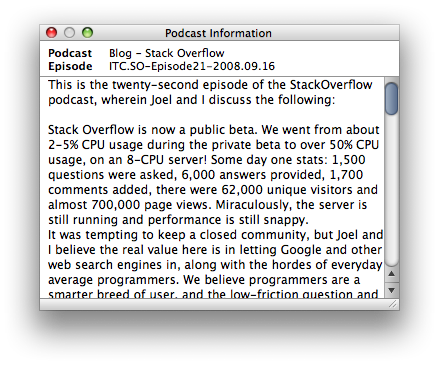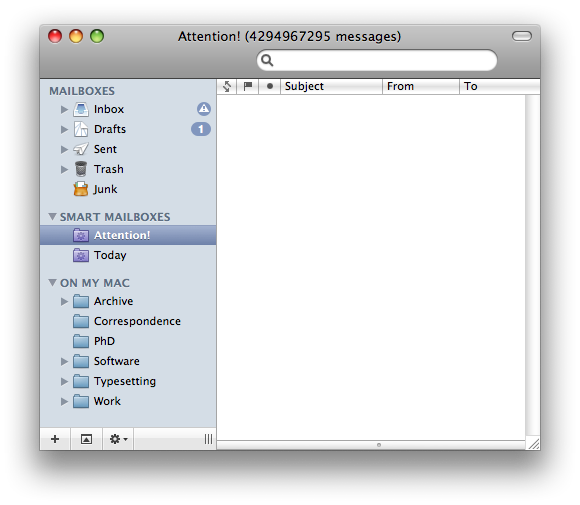Microsoft has been talking up their next version of Windows. They seem to be getting the direction right in terms of marketing their progress going forward.
I believe the vague analogy between Vista and Mac OS X is a pretty good one: both represented forwards looking technology that was a bit of a hurdle to get over in the beginning. But the future potential makes it all worth it.
Competition between the platforms is really a win-win situation for everyone involved. For what it’s worth, I’m just as enthusiastic about Snow Leopard than I was about any “feature-based” upgrade to Mac OS X.
Now, not to knock Microsoft here but I’ll believe the new Explorer features when I see them in actual shipping versions of Windows. (I was rather disappointed the amazing Explorer features shown in a demonstration of Longhorn never made it to Vista, seemingly. Not that I actually use Windows, but the ideas were fantastic.) But these user interface features for window management sound insanely useful:
Dragging a window to the top of the screen maximizes it automatically; dragging it off the top of the screen restores it. Dragging a window to the left or right edge of the screen resizes the window so that it takes 50% of the screen. With this, a pair of windows can be quickly docked to each screen edge to facilitate interaction between them.
The transition between these states had better be very clear about what’s going on, or that’s going to be some weird-feeling behaviour.
On a tangential note, as many people have commented before, it’s just crazy that window placement doesn’t have “snap-to-edge” in either of the major platforms yet.


